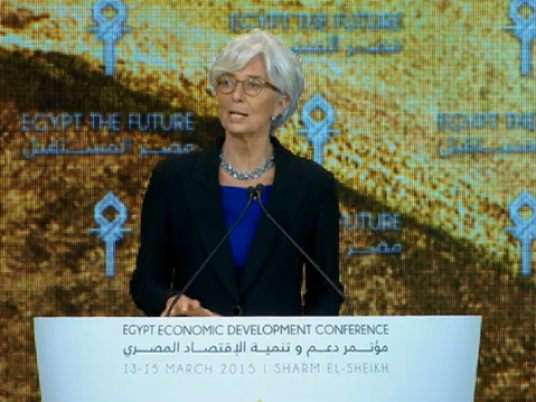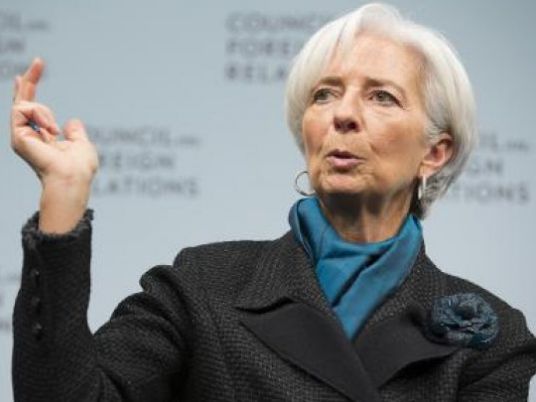
Recent volatility in global financial markets shows how rapidly risks can spill over from one economy to the next, the managing director of the International Monetary Fund (IMF) said in Jakarta on Wednesday.
"What has been demonstrated in the last few weeks is how much Asia is at the core of the global economy, and how much disruption in one market in Asia can actually spill over to the rest of the world," Christine Lagarde told a conference in Indonesia's capital.
World stock markets and the currencies of many emerging markets have seen large swings since China's decision last month to devalue its currency.
Lagarde said the world economy was facing headwinds from China's rebalancing, Japan's slow growth, falling commodity prices and uncertainties surrounding higher U.S. interest rates.
Policies need to be tailored to each country, Lagarde said, but mostly they would involve strengthening defences with prudent fiscal policy, reining in excessive credit growth, aligning exchange rates to act as shock absorbers, maintaining adequate foreign exchange reserves, and strengthening regulation.
"The authorities and the supervisors constantly have to remain vigilant particularly when there are those new and innovative products…those risks have to be under the watch of the supervisors, be they in traditional banking, be they in these disruptive banking systems or in these shadow banking systems," Lagarde said.
The IMF managing director, who is attending a conference on the future of financing for development, said international institutions, such as China's Asia Infrastructure Investment Bank (AIIB), the Asian Development Bank and the World Bank, should work together to meet the region's large infrastructure financing needs.
(Reporting By Randy Fabi, Gayatri Suroyo and Nicholas Owen; Editing by Simon Cameron-Moore)



